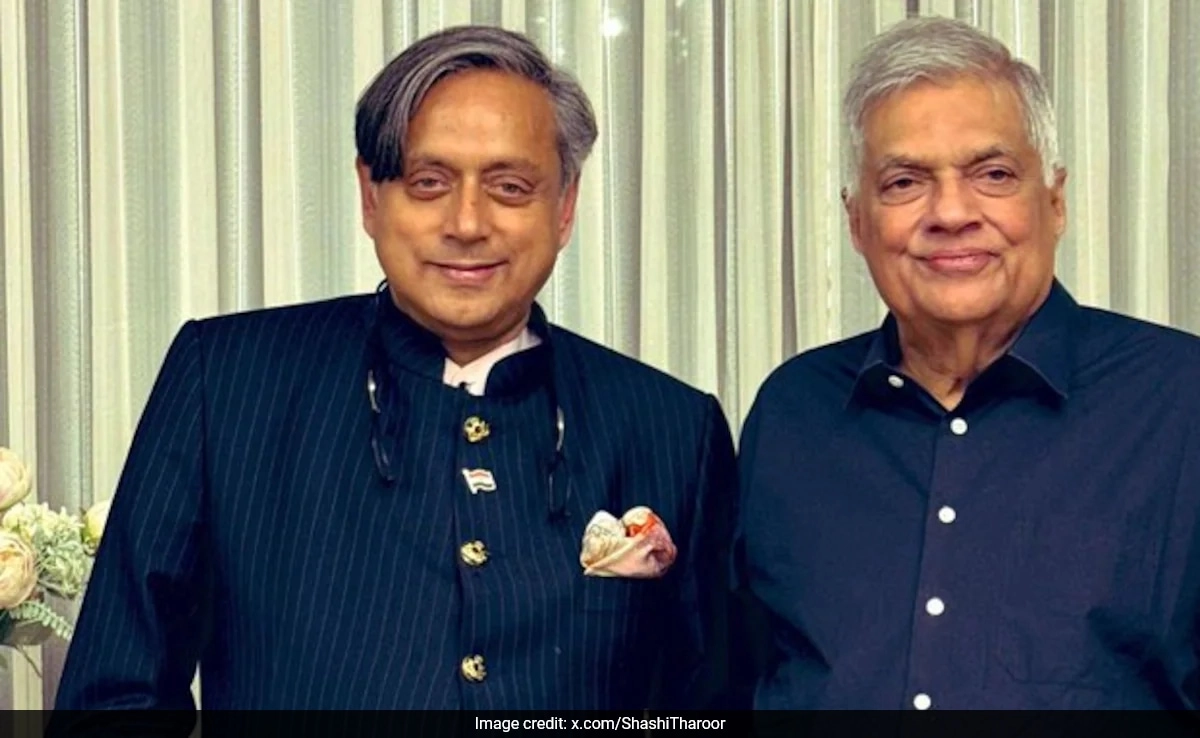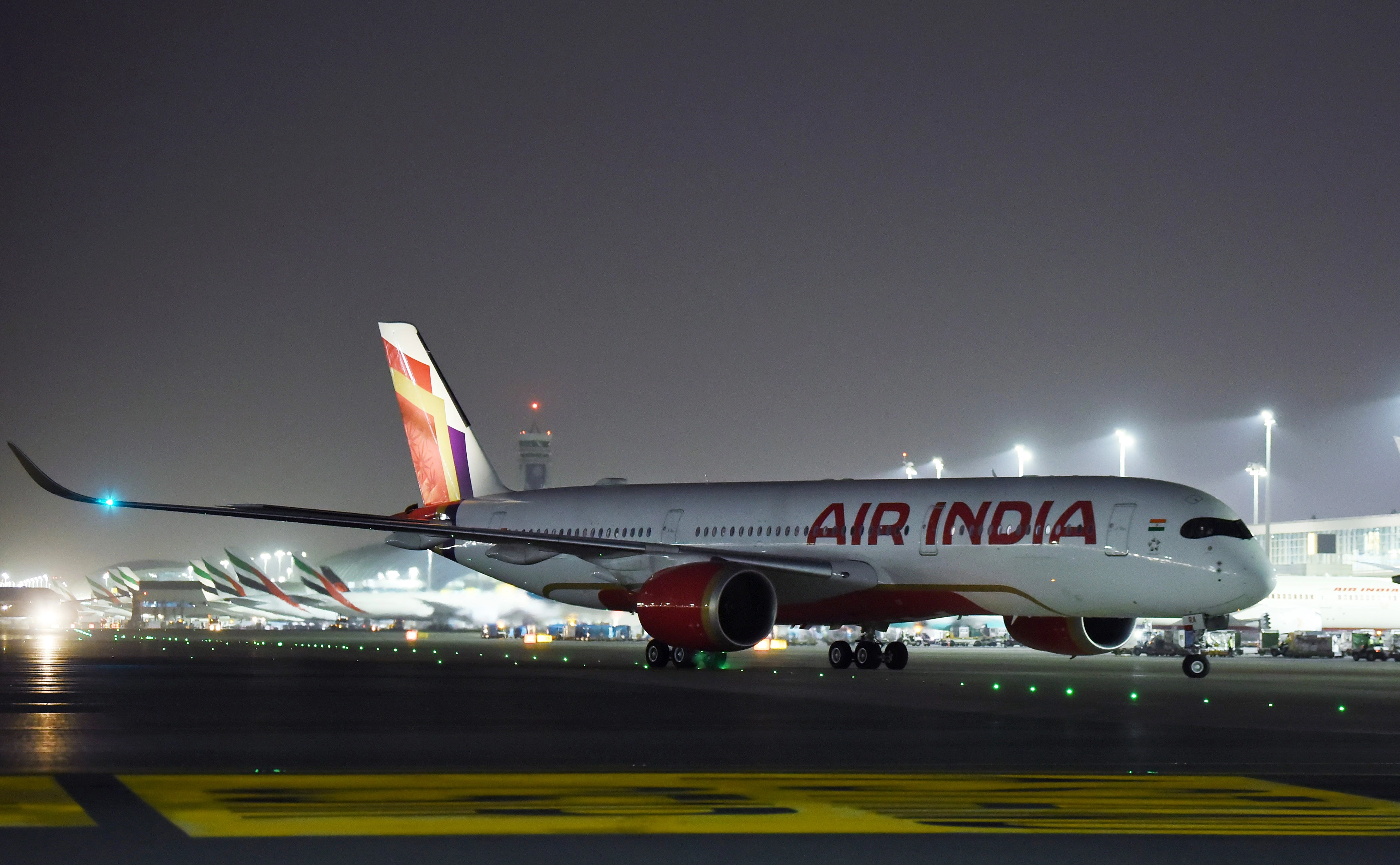Shashi Tharoor, a prominent Indian politician and member of the Indian National Congress, recently expressed his views regarding the arrest of former Sri Lankan President Ranil Wickramasinghe. Tharoor characterized the charges against Wickramasinghe as “trivial,” suggesting that the legal actions taken against the former leader may not be as serious or justified as they appear. This statement comes in the context of a tumultuous political climate in Sri Lanka, where Wickramasinghe’s tenure was marked by significant challenges, including economic crises and widespread public protests.
Tharoor’s remarks highlight the complexities surrounding political accountability in South Asia. The arrest of a former head of state often raises questions about the motivations behind such actions, especially in a region where political rivalries can lead to the misuse of legal systems. By labeling the charges as trivial, Tharoor may be indicating that the legal proceedings could be driven more by political vendetta than by genuine concerns about governance or corruption. This perspective invites a deeper examination of how political leaders are treated post-tenure and the implications for democratic processes in the region.
Moreover, Tharoor’s commentary underscores the need for a nuanced understanding of political dynamics in Sri Lanka. The country has a history of political upheaval and civil unrest, which complicates the narratives surrounding leadership and accountability. As citizens grapple with economic hardships and seek stability, the actions taken against leaders like Wickramasinghe can evoke strong reactions from the public. Tharoor’s framing of the situation serves as a reminder that while accountability is crucial in governance, the motivations behind such arrests must be scrutinized to ensure that justice is served without veering into the territory of political persecution.
In light of these developments, Tharoor’s observations resonate with broader discussions about the rule of law and the integrity of political institutions in South Asia. As the region continues to navigate its post-colonial legacy and the challenges of modern governance, the treatment of former leaders will remain a critical indicator of the health of its democracies. The conversation initiated by Tharoor may not only shed light on Wickramasinghe’s situation but could also serve as a catalyst for larger dialogues about political justice and accountability in the region.




